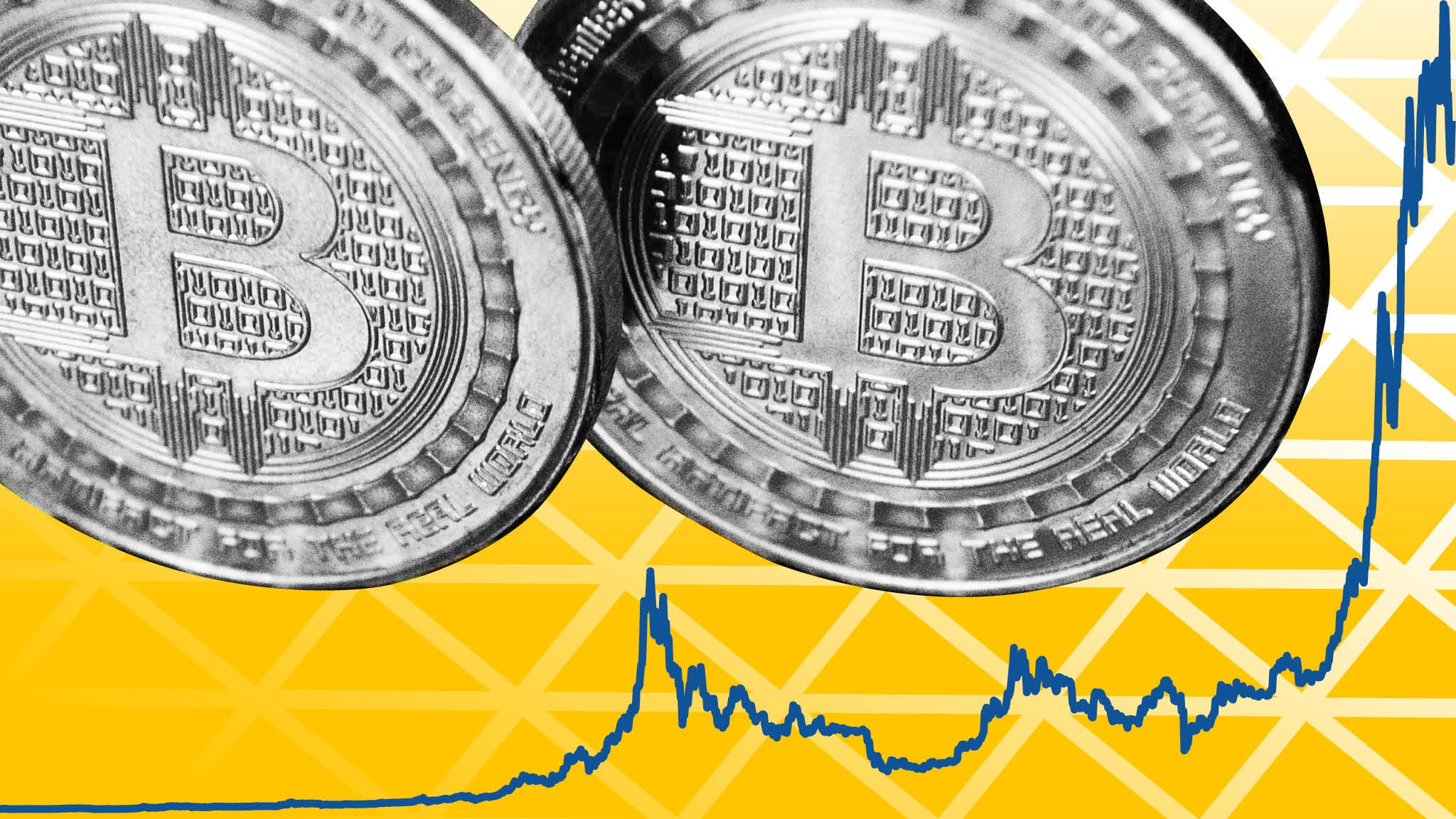David Agullo
EU Cryptocurrency Crackdown Could Impact U.S. Investors

Cryptocurrency Crackdown – This week, the European Union proposed various measures to battle illegal tax avoidance and the financing of psychological oppressor activities. Chief among them were plans to build controls on cryptocurrencies.
The E.U. Magistrate for Financial Services, Mairead McGuinness told the press yesterday that the proposition – a wide package of updates to existing enactment – would guarantee crypto administrations followed similar rules as other monetary institutions.
What precisely is the E.U. proposing?
There are a few parts to the new authoritative package, which has far to go before it becomes law. It will initially be examined, and potentially changed, by states and the European Parliament and may not come into power until 2024.
Here are two key provisions that will affect cryptocurrency investors:
1. Another authority to fight illegal tax avoidance throughout Europe
This main authority would direct and support Anti-money laundering (AML) actions, upgrading support between singular nations and presenting steady standards.
2. Raised controls on cryptocurrency transfers
In opposition to yesterday’s headlines, the E.U. isn’t attempting to boycott mysterious crypto wallets. However, digital money trades should up their game when it comes to consistency and knows your customer (KYC) rules.
The new standards would require digital money specialists to follow users’ data – like names and addresses. But mysterious equipment wallets are probably not going to be influenced. So if you keep your cryptocurrency offline in a wallet, you will not be breaking the E.U. law.
How will it impact U.S. investors?
The E.U. isn’t the solitary authority worried about cryptocurrency and tax evasion. The U.S. is also considering stricter guidelines. In reality, recently, Senator Elizabeth Warren asked the SEC if it had sufficient authority to regulate digital money trades.
While the U.S. government will observe how guideline develops in Europe, every country’s circumstance is unique. The challenge in the U.S. is that cryptographic money falls under – and at times between – the wards of a few unique associations. It is difficult to characterize whether digital money is more similar to a security or an item correctly because some act like protections and others act like supplies.
The U.S. will fix its current guidelines on cryptocurrency trades and attempt to clamp down on unlicensed global trades that utilized by U.S. occupants. But at present, the U.S. focus is on stable coins.
Both the Federal Reserve Chairman Jerome Powell and Treasury Secretary Janet Yellen have raised worries about the absence of oversight in this industry. Stablecoins are digital currencies that stake their value in different currencies. For instance, the cost of the greatest stable coin, Tether (USDT) is pegged to the U.S. dollar. The concern is that stable coins are working nearly as unlicensed banks, which could be perilous for buyers.
Is guideline awful for cryptocurrency?
In general, cryptographic money guideline is best rules as a means to an end. If the business is to develop, financial backers need the certainty they are not unintentionally supporting tax evasion or accidentally taking an interest in extortion.
Cryptocurrency prices fell after the E.U. declaration. But this could also have been a response to the misconception over absolutely restricting unknown wallets or just because costs have been downward for quite a long time.
Managing cryptocurrency is a bit like trying to squeeze a square stake into a circular hole. By design, digital currency is decentralized – it cuts the mediator (like banks and governments) out of monetary exchanges. And it is also unknown that individual exchanges aren’t associated with your identity.
As cryptocurrency becomes more standard, specialists need to control it without annihilating it. Which is the reason legislators across the world are proceeding cautiously. They need to ensure purchasers and stay away from the pessimistic aspects of digital money, but they would prefer not to wipe out a prospering industry that can transform people’s lives.
Latest
Bitcoin
21 Feb 2026
Bitcoin
13 Feb 2026
Bitcoin
07 Feb 2026
Bitcoin
05 Feb 2026
Bitcoin
03 Feb 2026












